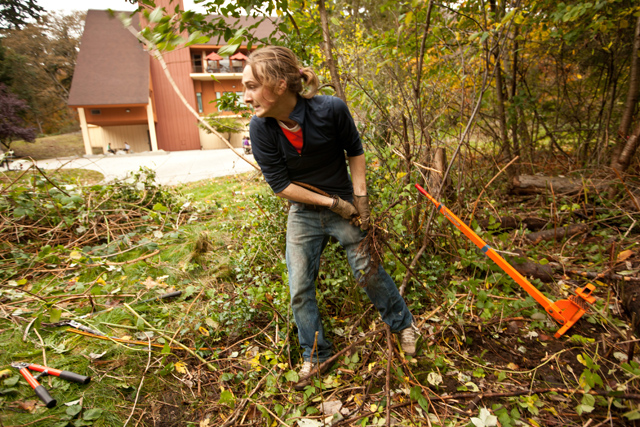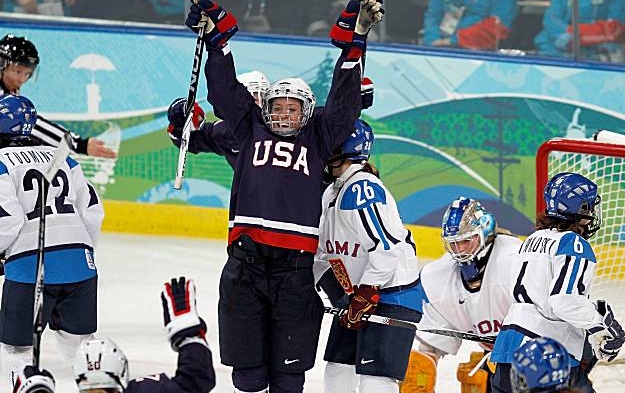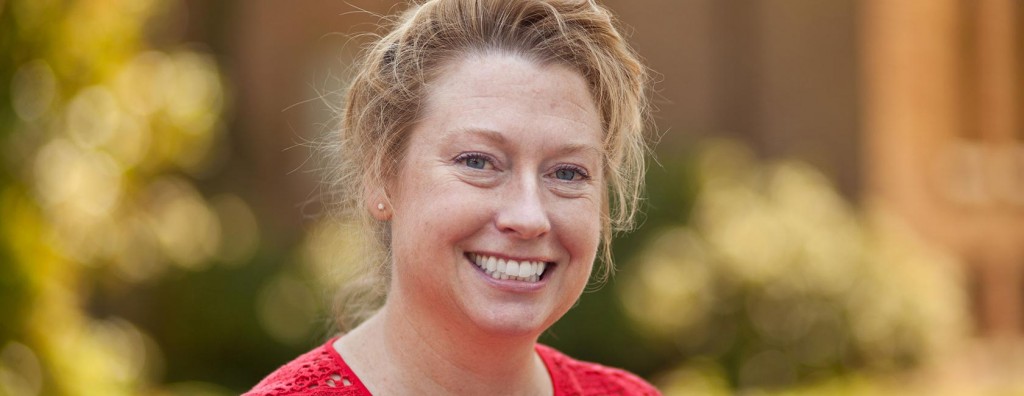Page 73 • (957 results in 0.032 seconds)
-

the Fred L. Tobiason Outdoor Learning Center. Ojala-Barbour said the goal is to dedicate the area by Earth Week and host an unveiling event to celebrate. Beyond the grant funding, the growth in recognition and his newly established position in Facilities, Ojala-Barbour mostly emphasized the importance of local land stewardship and a dedication to sustainability issues. “PLU’s habitat has value. The natural area is important and connected to other habitats in the area,” he said. “It isn’t an island
-
learning environment.” Campus Ministries and the Diversity Center embraced Alazadi’s proposal immediately and planning for what has since became known as the Reflection Room began, which is now open in Eastvold. While the building is under renovations access can be gained during off hours through Campus Safety. The Reflection Room is actually a series of offices in Eastvold that allow for students to use them for prayer, reflection and worship. “The idea of creating a Reflection Room had been tossed
-

tradition in a “21st century context.” “I see the professorship as a way of promoting the intellectual gifts of Lutheran higher education among a diverse faculty and student body who may or may not have a connection to the Lutheran tradition,” he said. “That is part of the challenge of being a Lutheran center of learning in the Pacific Northwest.” Read Previous New ’employer relations’ position connects students with employers Read Next Light Fantastic COMMENTS*Note: All comments are moderated If the
-

lot of time kind of emerging,” Johnson said. Each year though, the center has added programs and activities to meet the changing needs of its students, and its made significant strides since its inception in 2001. “The PLU community became much more engaged in learning about diversity and not just the celebration of diversity,” Johnson said. “It allows then for the programs to evolve to more than just this festival—to talk about things like privilege and power.” Over the last 10 years, students
-

Holocaust (co-edited with Franklin Littell, 1974), The Church Confronts the Nazis: Barmen Then and Now (1984), Learning from History: A Black Christian’s Perspective on the Holocaust (2000), and Searching for God in God-forsaken Times and Places: Reflections on the Holocaust, Racism, and Death (2003). Read Previous Extending a hand to veterans Read Next Rock on! COMMENTS*Note: All comments are moderated If the comments don't appear for you, you might have ad blocker enabled or are currently browsing in
-

, which explains why Hacker was working with the team in California last fall, running them through team-building skills on the beach—from working together to keep a tennis ball from hitting the sand, to fun drills where two members protected a third from a fourth player trying to break apart their linked hands. This passion is something Hacker discovered a long time ago. She recalls learning the importance of playing with a smart head and with your emotions under control early on. “I am the youngest
-

for “the real world” to start learning about those industries, or how to generate content for their portfolios.Through the Center for Media Studies (CMS), launched last September and housed within PLU’s School of Arts and Communication, special-topics courses in film, television and creative media will be offered beginning in Fall 2015. The first new class, Creative Media-COMA 387, will be a 2-credit, full-semester course—open to any major—when registration opens April 13 for Fall classes. The
-

she loves — designing. This vocational success, she said, comes from learning the lesson of hard work from Avila and being pushed by her PLU family. “I know that if it wasn’t for JP, I wouldn’t be where I am today. He taught me that hard work pays off,” she said. “Being a small business owner and literally living my dream, I work hard every single day. I wouldn’t have gotten this far if it wasn’t for my family and PLU family.” Avila points out Fallin’s story is a lesson for any student
-

-Polelle hopes it touches students and affects their perception of that era. One of the most important things she wants to bring to the school’s Holocaust Studies is lectures from survivors. Griech-Polelle’s desire to study and teach about the Holocaust stems from her desire to use one of the greatest tragedies in history as a positive tool. She believes that learning and acknowledging are important elements of that process, as well as recognizing survivors and making sure their experiences are never
-

a member of this legacy.” Read Previous Grit City All-Access: PLU’s new TIES program to immerse students in the City of Destiny Read Next Scholars gather at PLU for International Transformative Learning Conference COMMENTS*Note: All comments are moderated If the comments don't appear for you, you might have ad blocker enabled or are currently browsing in a "private" window. LATEST POSTS Three students share how scholarships support them in their pursuit to make the world better than how they
Do you have any feedback for us? If so, feel free to use our Feedback Form.


